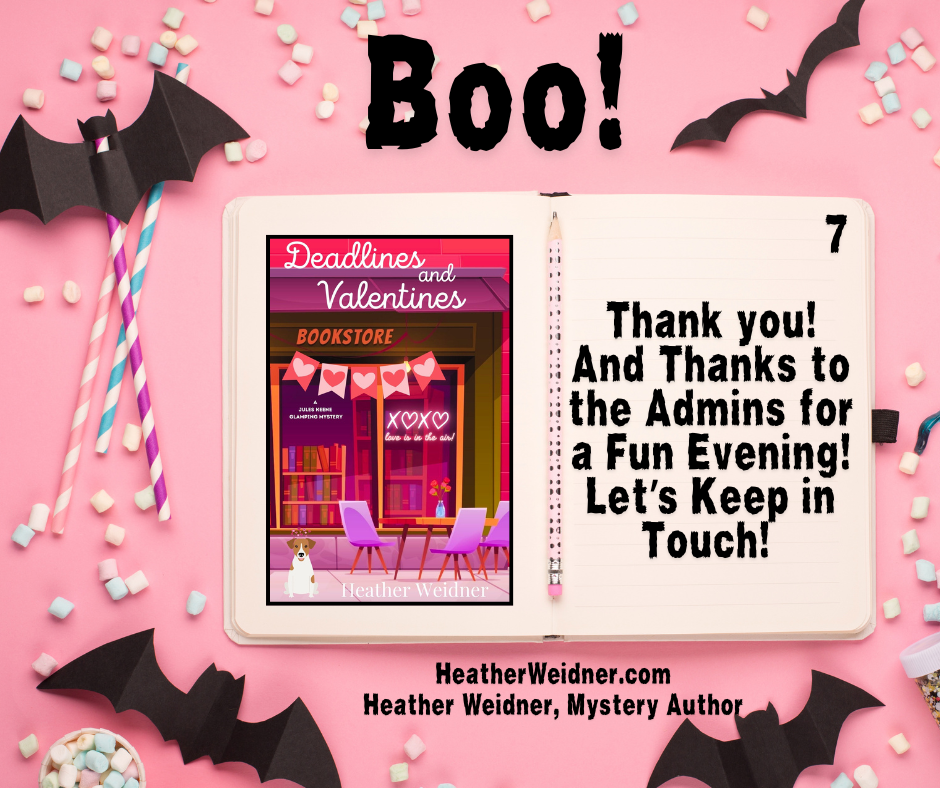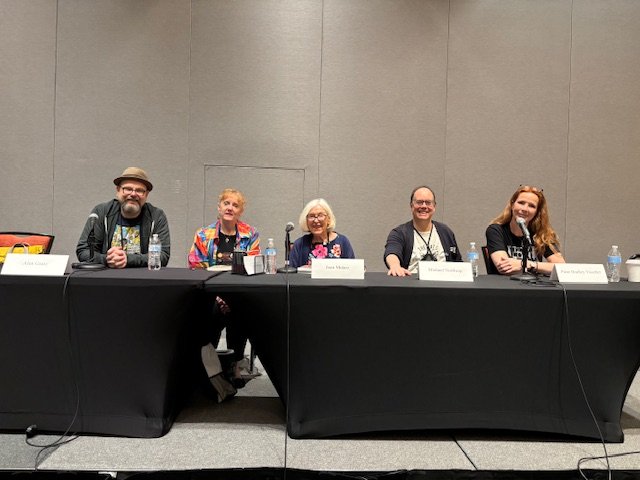How to Organize Your Marketing and Book Events
/I have a day-gig, so most of my life is scheduled. I’ve tried a lot of different planners and programs over the years, and this is the method that works for me.
I have a monthly, four-year calendar (old school). It’s small enough to fit in my purse or laptop bag. But I can see each week and the entire month at one time.
When I know important dates (e.g. holidays, days off, deadlines, and publication dates), they go on the calendar.
When I apply or am planning an event, it goes on the calendar along with the location, contact, and time.
When an event is confirmed, I update it. (I also add the person’s email to my contact list in MS Outlook, and I save the correspondence in my email folder.)
If an event is cancelled or rescheduled, I change the date immediately to make sure I don’t double-book myself.
When I have publication dates, I reach out to my favorite book bloggers and super reviewers to see if they are interested in getting an ARC when they’re available. I make a list with their preferences, so when it’s time to plan the marketing, I have my list of early reviewers and blurb writers.
I also reach out to my favorite book tour organizers to get on their calendars for the book’s release.
I reach out to my favorite mystery Facebook group administrators to schedule book take-overs to coincide with my book launch celebrations.
Three to six months before publication date, I reach out to my favorite bookstores to schedule talks or book signings.
I have to be faithful and keep my calendar current so it’s useful.
What techniques and tools work for you?
































